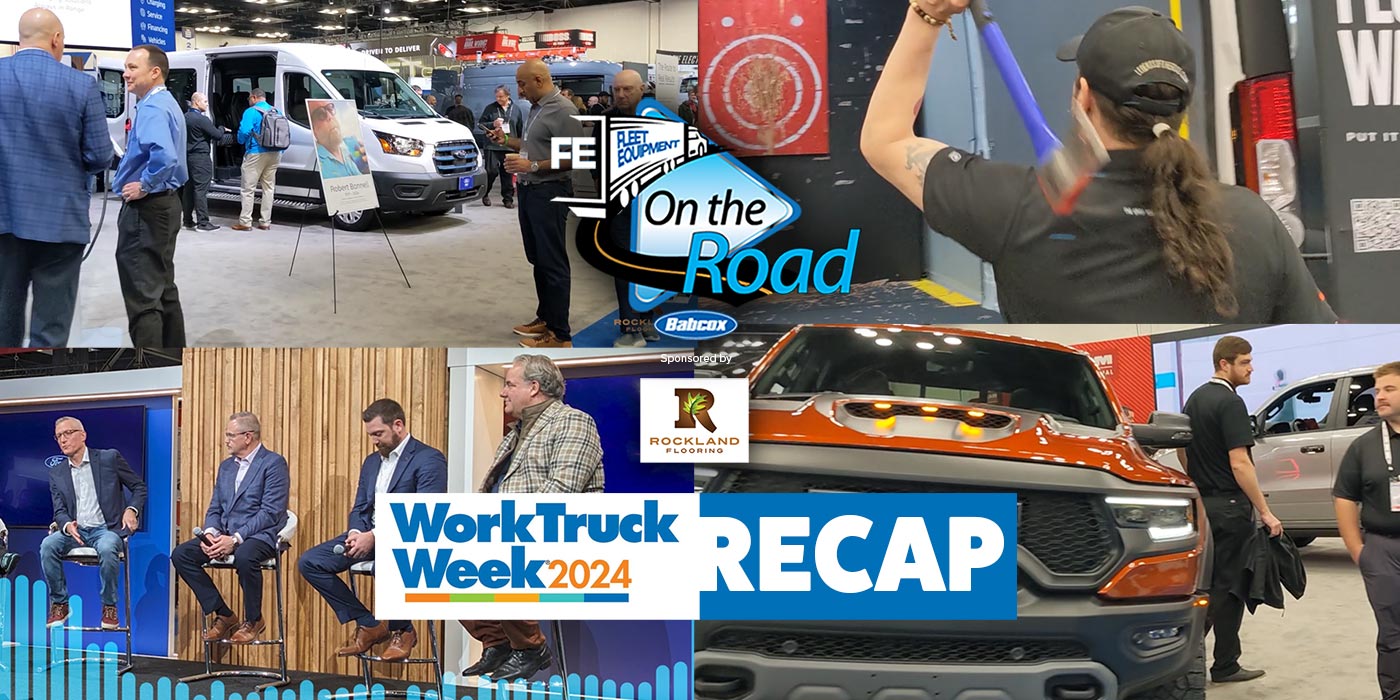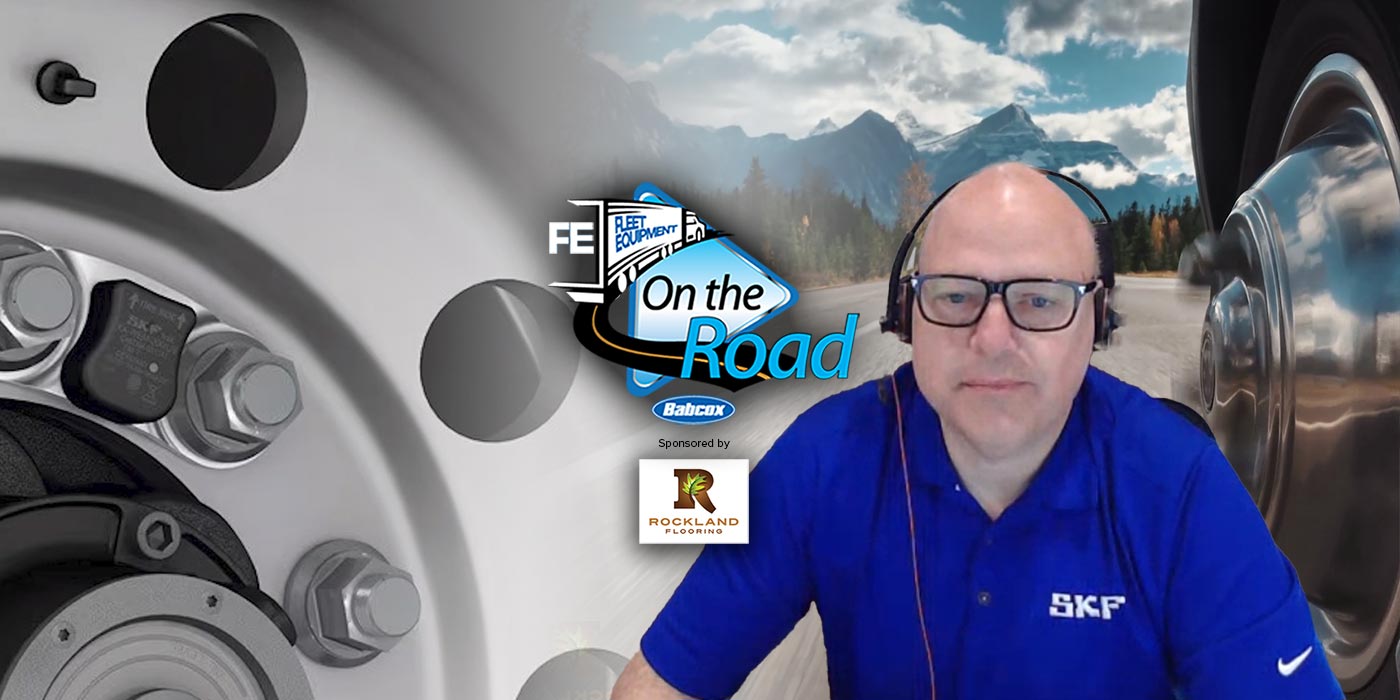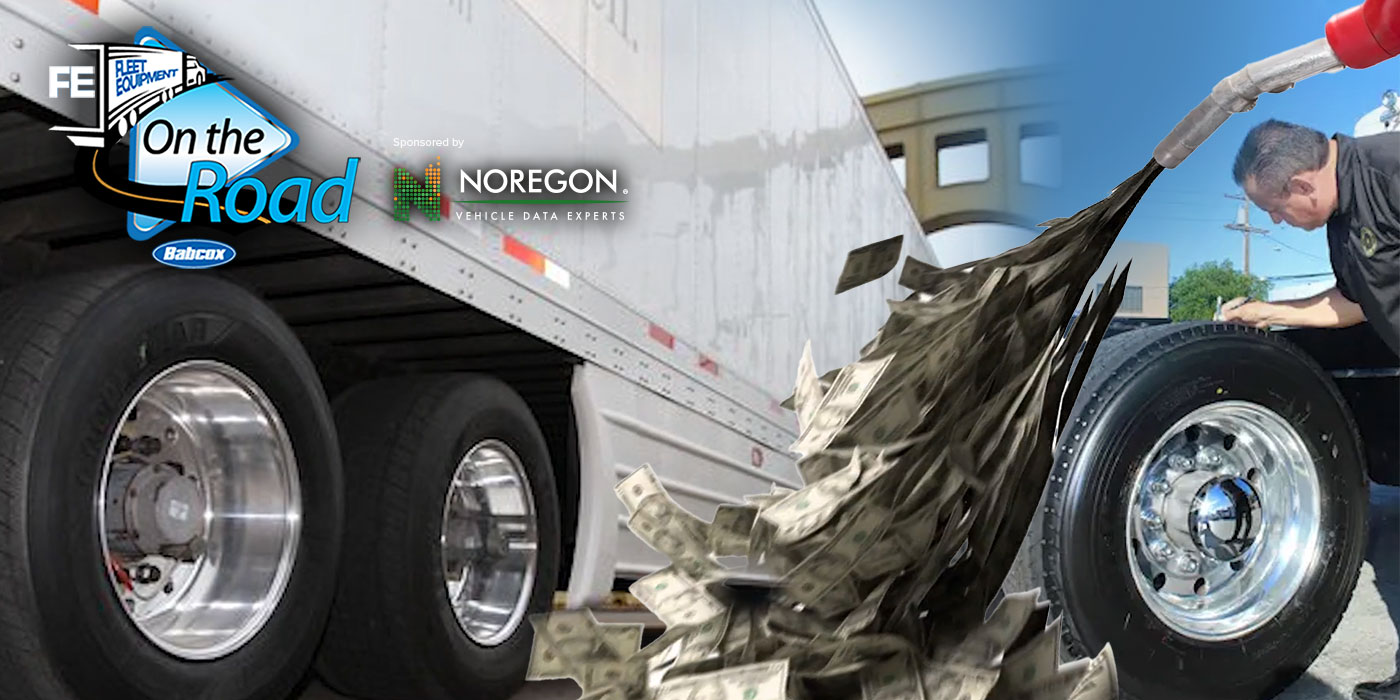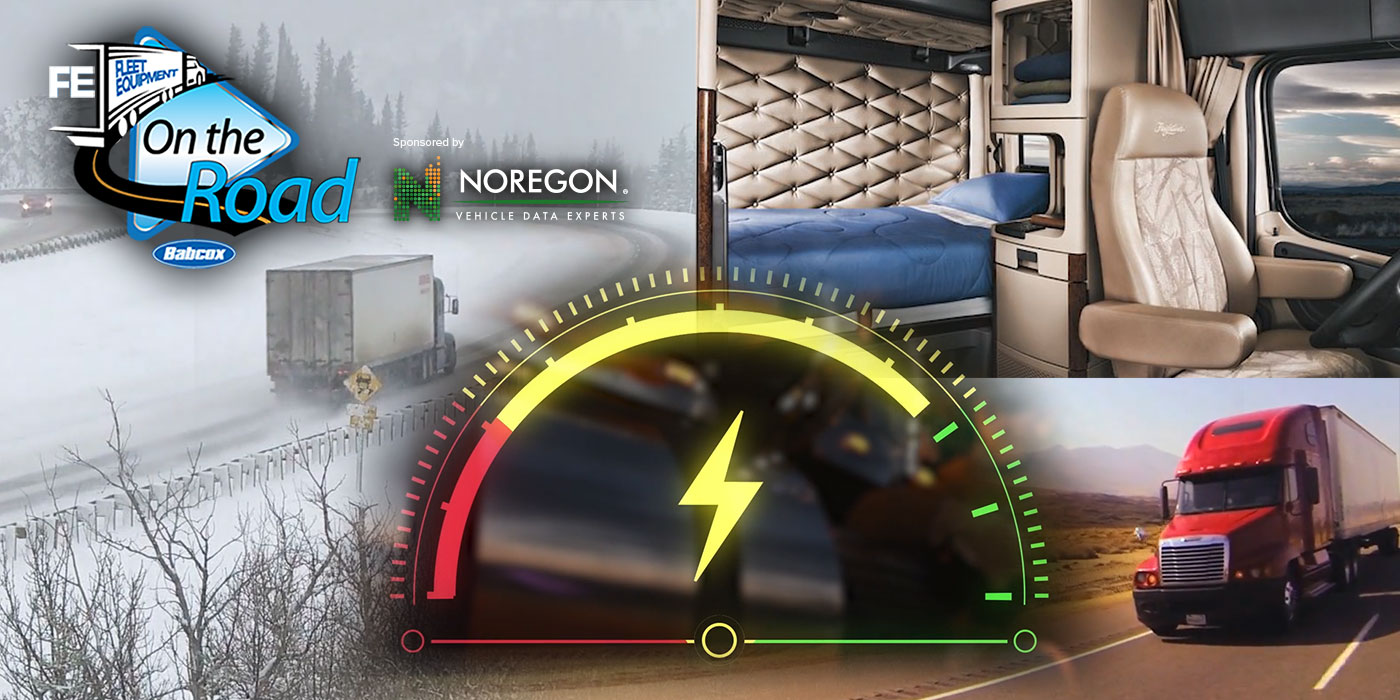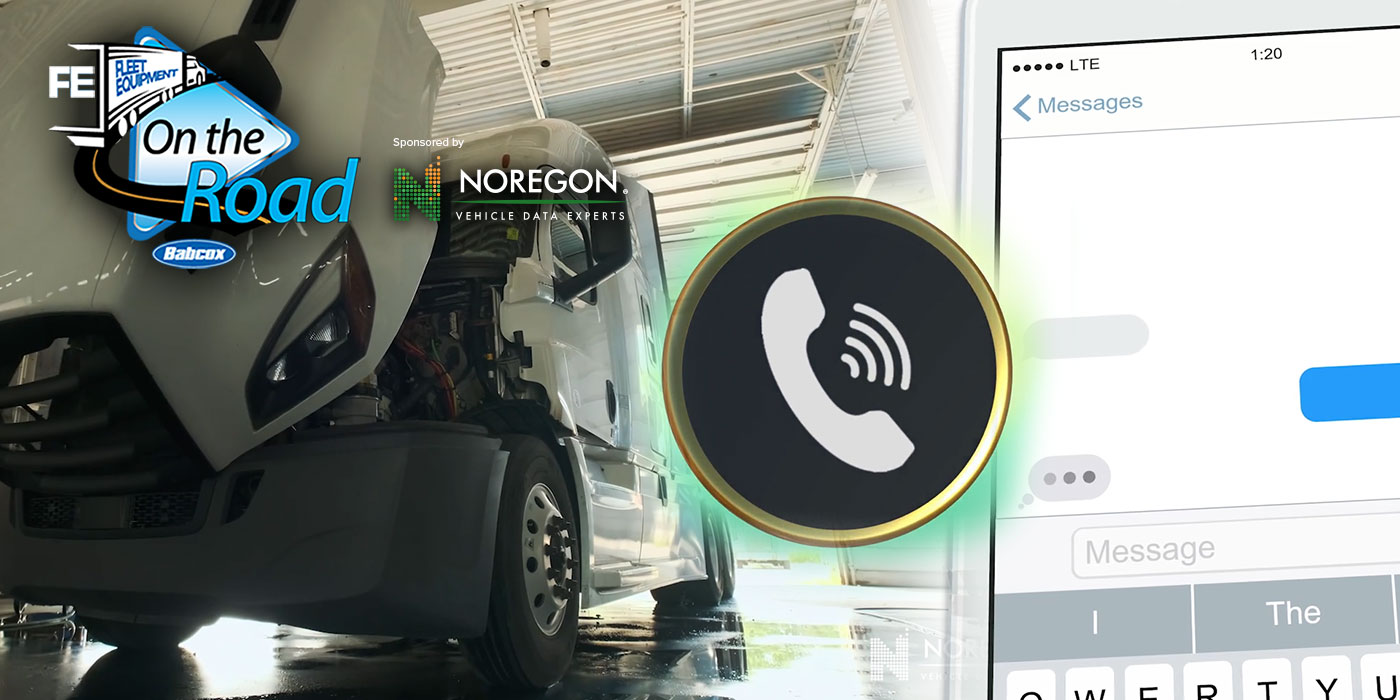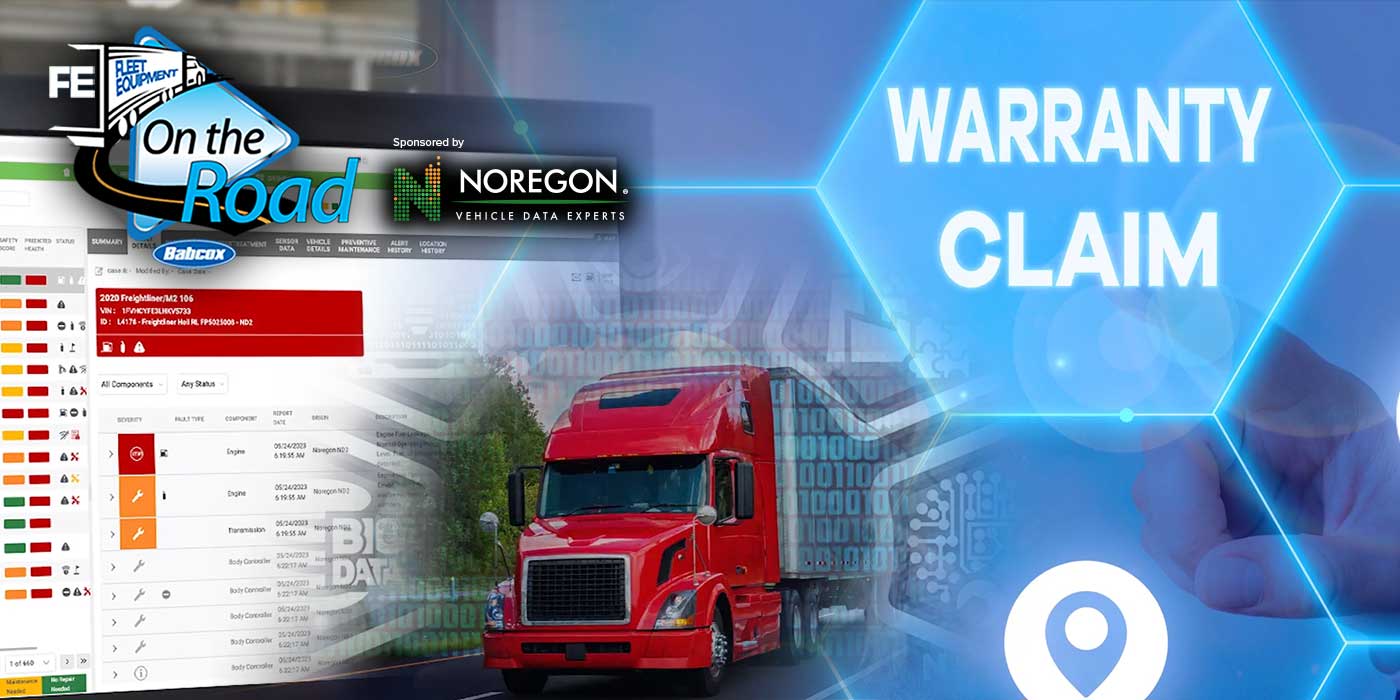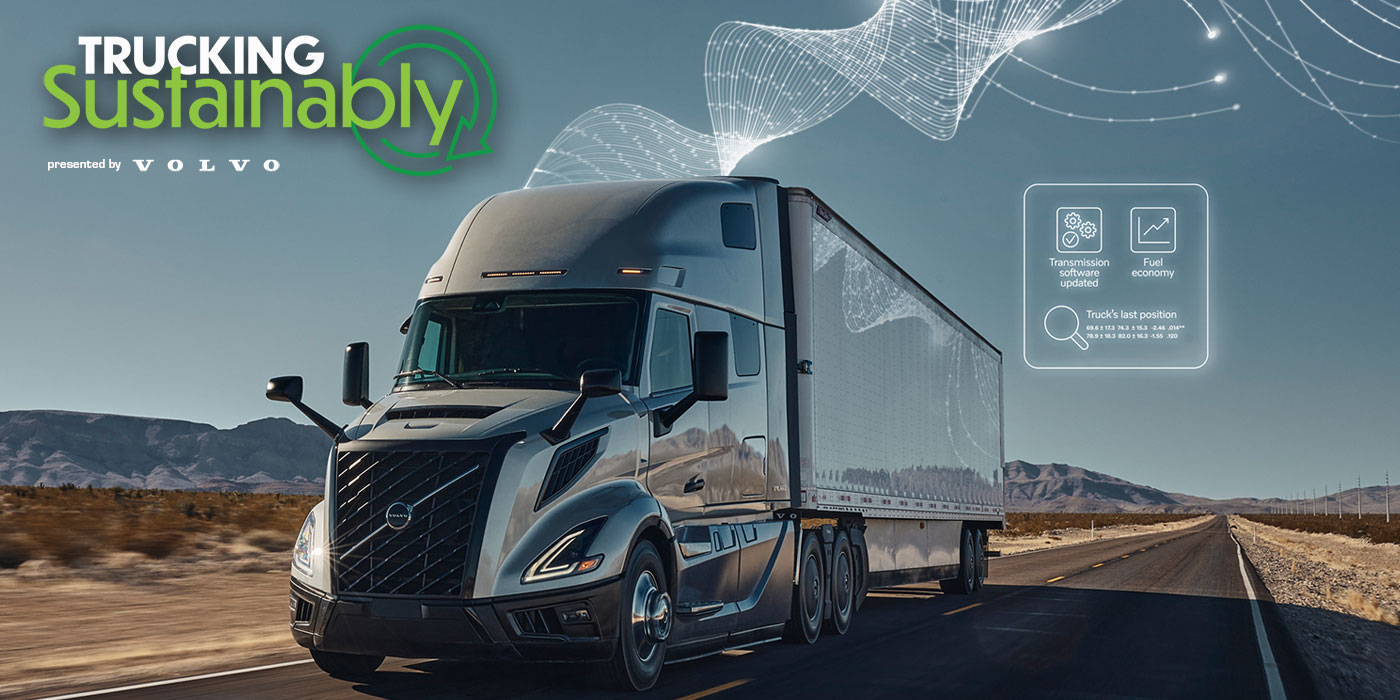If you’re a fan of over-the-air updates like I am, you may be wondering: How could it get better than this? The ability to update the truck to be more efficient remotely is already pretty great, and a huge benefit to uptime. But the future is going to be wild, my friends: Upcoming innovations will focus on making the software changes more dynamic, reducing the need for downtime when updating, and giving more control to the driver and the fleet manager.
Click here to watch more of FE’s On the Road video series.
Here is a transcript of the video:
Truck OEMs are moving towards offering these updates in a manner where the customer can initiate the update whenever they want, giving them an even greater “self-serve” nature. OEMs are also focusing on using the truck’s instrument cluster to communicate with the driver and increase product adoption. This also helps the driver avoid using their cell phones while on the job.
Having the ability to schedule remote updates from within a vehicle or supporting multi-controller updates, ultimately means giving more control to the driver and fleet manager, another feather in uptime’s cap.
Future enhancements will likely also be focused on new capabilities like ECM Trim Parameter updates, allowing fleet managers to better configure their equipment based on changes in their operational needs.
And, of course, additional areas of focus will likely be improving the speed and efficiency of software updates so updates take even less time.
It’s also likely that we’ll see parameter updates become more dynamic, giving the truck the ability to adapt automatically to local conditions. So, let’s say the speed limit changes to 65 miles per hour at the state border; the truck, in this case, automatically adjusts the road speed max parameter to comply. Or, if the truck should enter a downtown or metropolitan area, it automatically applies a three-minute idle shutdown Parameter Kit to comply with idling laws.
Over-the-air is known today as a great way to update the calibration of the vehicle and maximize the truck’s programmable parameters, but it’s evolving to also be something that allows the fleet manager to customize the vehicle operation to their needs, and the needs of the driver.
And, automating speed limit changes and personalizing the driver experience to each unique driver are not just great ways of maximizing uptime, they’re great ways of maximizing the driver experience – and we all can appreciate that.



